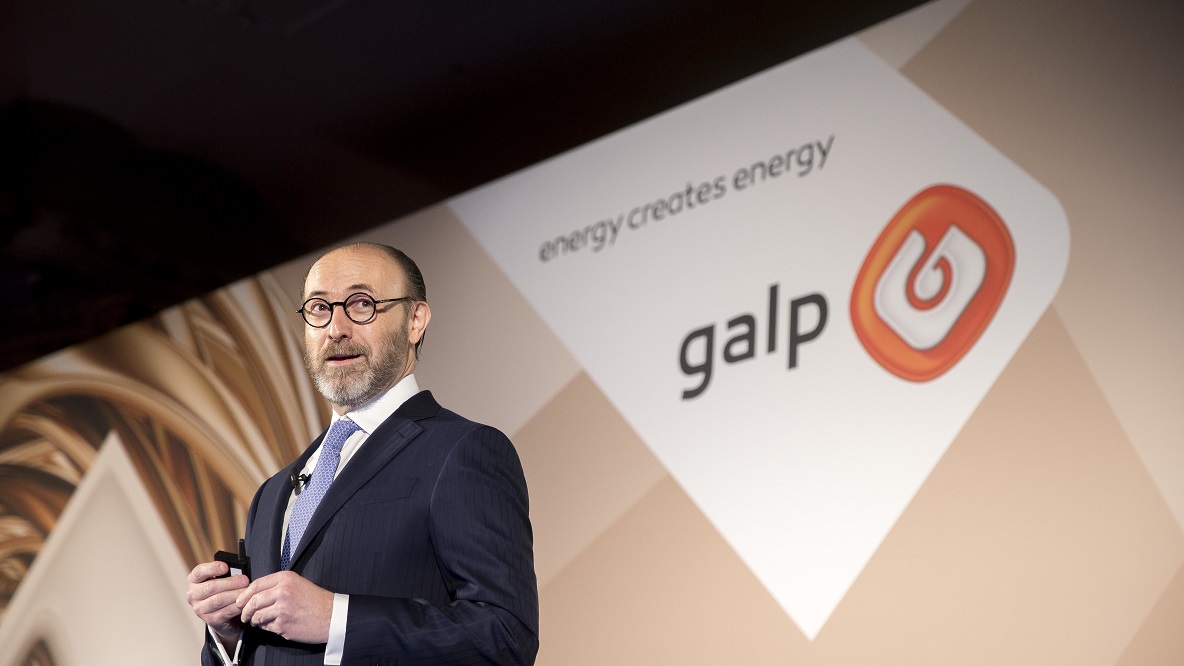Haitong cuts back on EDP’s evaluation because of CMECs
Regulatory issues in Portugal and in Spain led Haitong to make a downward revision of the electricity company target price. Nonetheless, EDP maintains an attractive price.
The investment bank Haitong made a 7% cut on their evaluation of EDP’s shares because it considers the electricity company headed by António Mexia “faces important regulatory events in the short term in Portugal”, namely “the outcome of CMECs [Costs of Maintenance of Contractual Equilibrium] final revisibility negotiations with ERSE [Portuguese energy regulator]“. In addition, it mentions “the parameters for electricity distribution in the next regulatory period” which are expected to be known in October.
The bank made a downward revision of the target-price of each security from 3.55 euros to 3.30 euros, “with a -0.06 euros per share impact from our new and more stringent regulatory scenarios in distribution in Portugal and in Spain”. It will maintain, nonetheless, the purchase recommendation, since Haitong believes there could be a 10% valuation.
Haitong estimates a cut in revenues of 50 million euros in 2018. On the other hand, concerning the energetic contracts which led to an investigation from the Public Prosecutor, the bank considers there is “the risk that during negotiations the regulator imposes negative adjustments” to EDP.
“We estimate those adjustments, together with pending regulatory issues related to the ancillary services market, could represent a negative impact also of up to 350 million euros”, the bank argues, stating there are also regulatory risks for Spain.
In spite of the downward revision of the target-price, Haitong says EDP continues to be “the cheapest-looking stock in the sector”. “We see valuation metrics improving once the regulatory risk starts to fade and so reiterate BUY, supported by our target price of 3.30 euros per share”, Haitong highlights.
Note: The information presented is based on an issuance from the investment bank, meaning it is not a recommendation from ECO. Concerning investment decisions, readers should consult the bank’s complete research note and speak to their financial intermediate.




